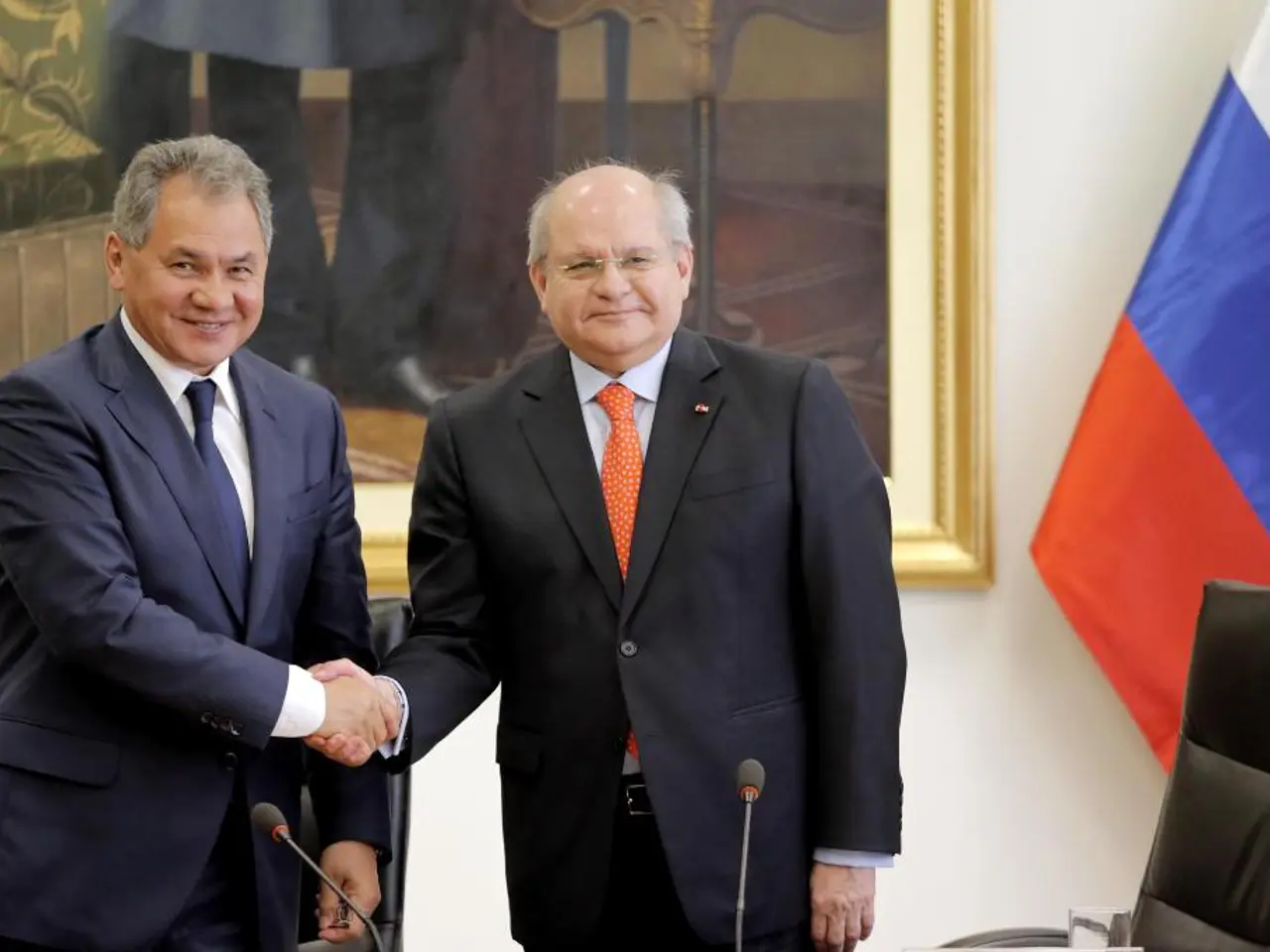Legislator Speaks Up: It's Time for Debate
In the heat of the current political scene, a special ops approach has kicked off for some candidates, focusing on selected areas to campaign with funded strategies. During campaigns, party members ask for public support, but the special ops phase is a solo show for the chosen candidate, leaving others to their own devices. A solo campaign can be quite advantageous, as it allows for a focused investment in specific areas with a high chance of gaining votes, especially when many are backing the candidate and their names are widely known.
For local positions like councilors in cities or vice governors in provinces, a controlled yet organized special ops strategy can be implemented in various locations and districts without any preference. Even with limited funds, it's wise to focus on regions with a large number of voters and a good chance of winning.
Interestingly, during special ops phases, rival campaign teams sometimes turn into opponents due to personal disagreements, each pursuing their own strategies while the others watch. A recent instance of this happened in one Bohol district during mayoral elections.
Now, it's worth mentioning that allegations against one mayoral candidate surfaced due to his past associations, as some claim he entered politics to cover up corruption charges and avoid discussing votes. However, other candidates’ teams do not wish to support him or involve themselves in his campaign.
Why the frosty reception? Allegations say the candidate lacks team spirit, disregarding his team's advice when it comes to corrupt practices such as soliciting bribes or vote-rigging, which goes against the ethics of a fair and clean campaign. Moreover, his team members complain that he abuses social media to gather votes under the guise of "friends" on Facebook, falsely claiming they would support him in the election.
Interestingly, the town with the most expensive vote in Bohol isn't actually the most costly one. In fact, another town has an even higher vote value, with over 25,000 voters each, not to mention the additional votes from elsewhere that are transferred to the same mayor. Is this a sign that the town is flourishing, with an abundance of resources and good infrastructure? Far from it. The town is plagued by drug issues, with few reliable businesses and decaying infrastructure. So, why the discrepancy?
Additional Insights
- Electoral Landscape: Bohol has a competitive environment for local positions in the 2025 elections, with three candidates vying for governor/vice governor and 105 for mayor across the province. While concerns related to integrity and conduct exist for all mayoral candidates, the provided sources do not single out a specific controversial mayoral candidate in Bohol with allegations of corruption or lack of teamwork.
- Electoral Conditions: As of now, Bohol’s political climate is characterized by heightened competition, efforts to ensure electoral fairness, and isolated concerns about impartiality. There is no explicit evidence of a specific controversial mayoral candidate in Bohol facing publicized allegations of corruption or lack of teamwork during the campaign.
- Campaign Guidelines: The Comelec has issued strict guidelines on campaign conduct, including anti-discrimination and fair campaigning rules. Candidates found violating these guidelines may face show-cause orders or disqualification proceedings.
- In the context of the impending 2025 elections in Bohol, a strategic approach known as 'special ops' has been adopted by some candidates, focusing on specific sections of the province to secure votes.
- Despite the solo nature of such campaigns, alleged misconduct has surfaced against one mayoral candidate, with claims of entering politics to avoid corruption charges and disregarding his team's advice on unethical practices like soliciting bribes or vote-rigging.3.In the districts of Bohol, the value of votes varies significantly, with some towns appearing more costly than others on paper, but hidden issues like drug problems and decaying infrastructure, as seen in one such district, paint a different picture.
- Interestingly, the town with the highest number of voters doesn't necessarily have the most resources or a strong infrastructure, highlighting the complexity of political landscapes and the need for thorough research and balanced strategies in election campaigns.










